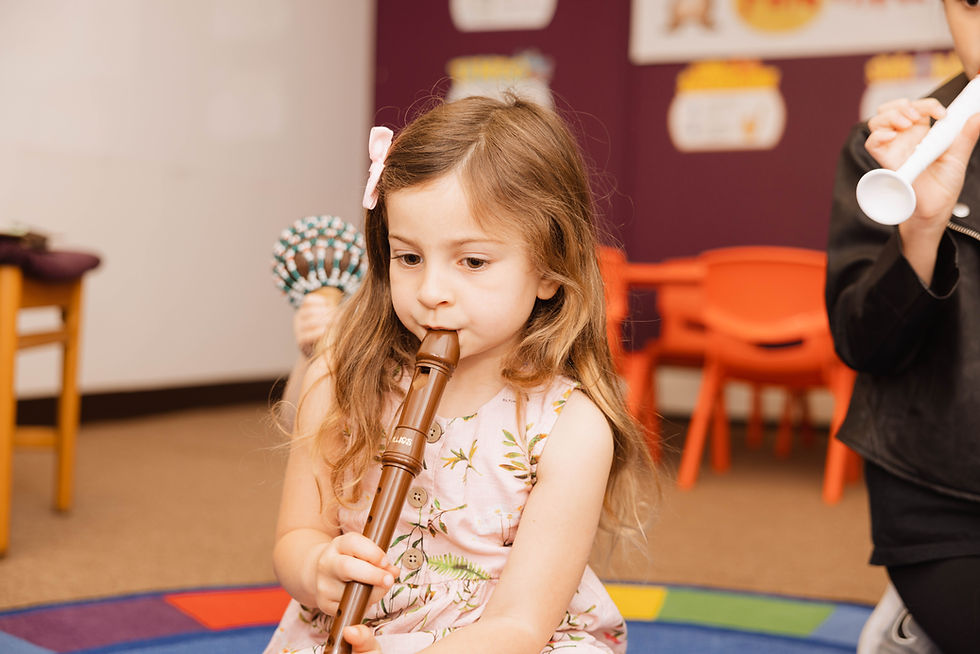How To Write Your Own Music
- Nick Doak

- Jul 25, 2023
- 2 min read
Updated: Sep 3, 2025
Writing your music is an exhilarating journey that allows you to express your creativity and share your unique voice with the world. Whether you're an aspiring musician or a seasoned artist, this blog post will guide you through the essential steps of composing your captivating melodies and lyrics.
Embrace Inspiration: The first step in writing your music is to immerse yourself in a creative mindset. Inspiration can be found everywhere – in the beauty of nature, personal experiences, emotions, or even through the work of other musicians. Keep a journal, capture fleeting melodies or intriguing lyrics that cross your mind, and never dismiss any idea as insignificant. Embrace the spontaneity of creativity and remain open to unexpected sources of inspiration.
Find Your Melodic Hook: A strong melody is the backbone of any great song. Experiment with different chord progressions on an instrument or a digital audio workstation (DAW). Play with melodies over those chords until you find a catchy and memorable hook. Explore different scales and experiment with rhythm, dynamics, and phrasing to make your theme stand out. Trust your instincts and let your ear guide you as you shape the melodic foundation of your composition.
Craft Meaningful Lyrics: Lyrics allow you to convey your thoughts, emotions, and stories to your audience. Draw from personal experiences, observations, or fictional narratives to create lyrics that resonate with listeners. Consider the overall theme or message you want to convey and use vivid imagery, metaphors, or wordplay to engage your audience. Experiment with different rhyme schemes and syllabic patterns to add depth and structure to your lyrics.
Explore Song Structures: Understanding song structures can help give your compositions a cohesive and engaging flow. Typical structures include verse-chorus-verse, A-B-A-B, or even more experimental arrangements. Experiment with different sections, transitions, and variations to create a compelling narrative within your music. Remember, there are no hard and fast rules for song structures, so feel free to think outside the box and let your creativity guide you.
Refine and Collaborate: Writing music is a process of continuous refinement. Polish your compositions by experimenting with different instrumentation, harmonies, and dynamics. Seek feedback from trusted friends or fellow musicians and be open to constructive criticism. Collaborating with other musicians can also provide fresh perspectives and new ideas. Embrace the opportunity to collaborate and grow through shared creativity.
Writing your music is a deeply personal and rewarding experience. It allows you to unleash your creativity, connect with others, and leave a lasting impact. Remember to stay inspired, develop solid melodies and lyrics, experiment with song structures, and refine your compositions. Embrace the journey, and let your unique voice shine through the power of your music.




Comments